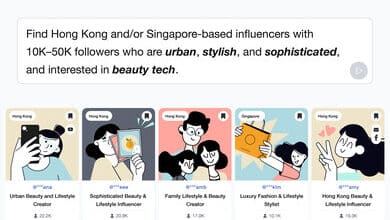Walking through the bustling corridors of CES 2024, the global nexus for innovation, one cannot help but be captivated by the relentless creativity of the startups in attendance. At the heart of Eureka Park, reserved for the most promising inventions, our gaze is drawn to the Seoul Pavilion.
Here, NexConTelecom unveils to the world Wi-FiON, a daring application that redefines our urban connectivity experience. In an exclusive interview, we uncover the transformative potential of a solution where automated Wi-Fi access in partner locations is just the tip of the iceberg. Far from just being a technological convenience, this platform claims to masterfully merge commerce and connectivity, creating an ecosystem where seamless transactions and reduced electromagnetic emissions coexist.
Join us as we delve into the innovative spirit that drives NexConTelecom, a trailblazer in an era where convenience and speed reign supreme.
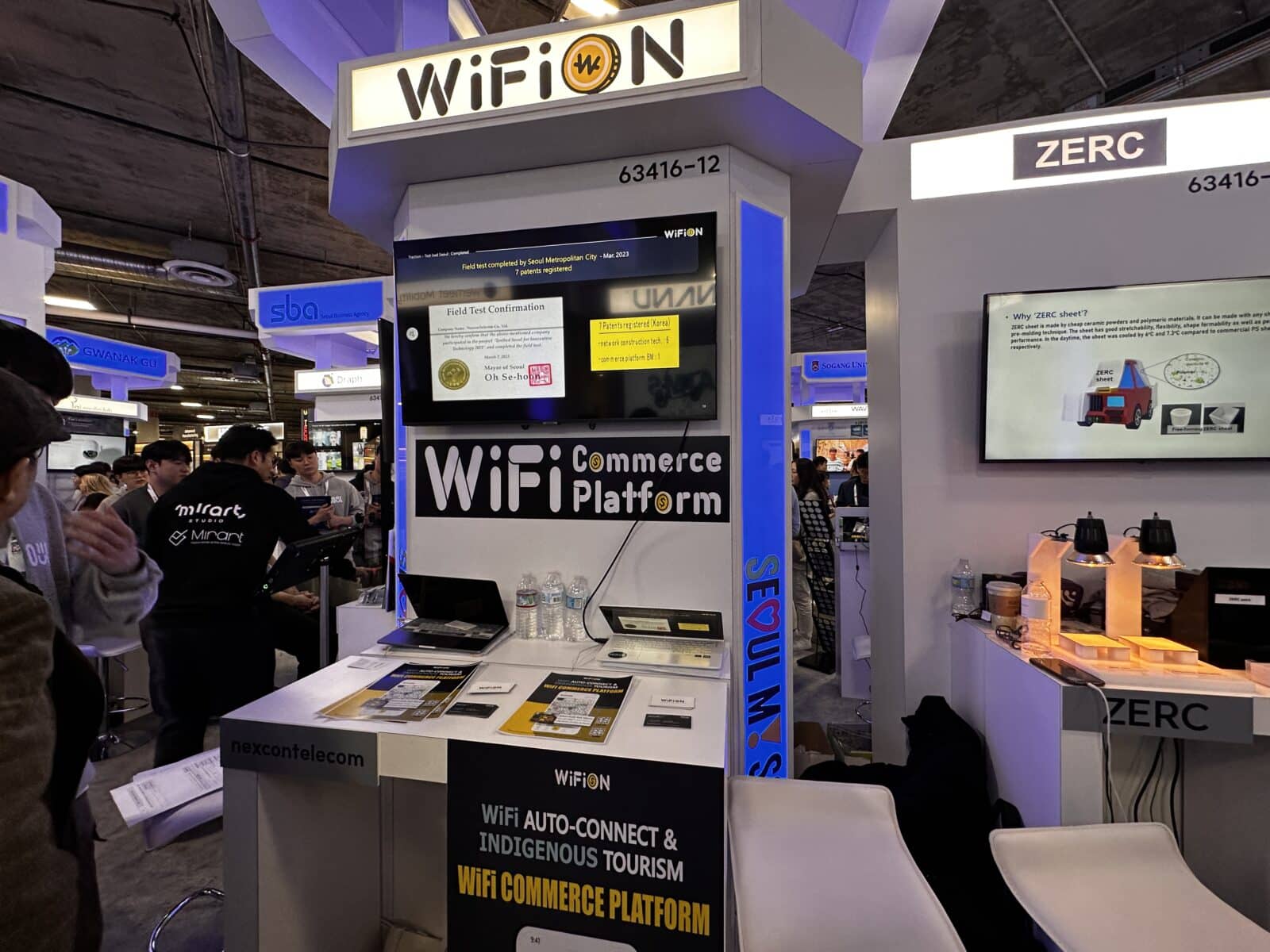
Wi-FiON: NexConTelecom’s Wi-Fi revolution
NexConTelecom is no stranger to the world of telecommunications. Known for its capability to build cellular networks such as LTE and 5G, the innovative company is now pioneering a new era of streamlined connectivity with Wi-FiON. The concept is elegantly simple: a service platform that transforms shopping areas into a seamless wireless zone. Forget the hassle of passwords; a smooth and shared Wi-Fi experience welcomes you.
But that’s not all. The startup goes further, turning this Wi-Fi network into a robust commercial platform. Partner stores can list their products, allowing visitors to search for items in real-time. Payments are made hassle-free, accommodating numerous foreign currencies and various payment methods, from PayPal to Alipay. This innovation is set to shape a future where physical commerce and digital convenience converge.
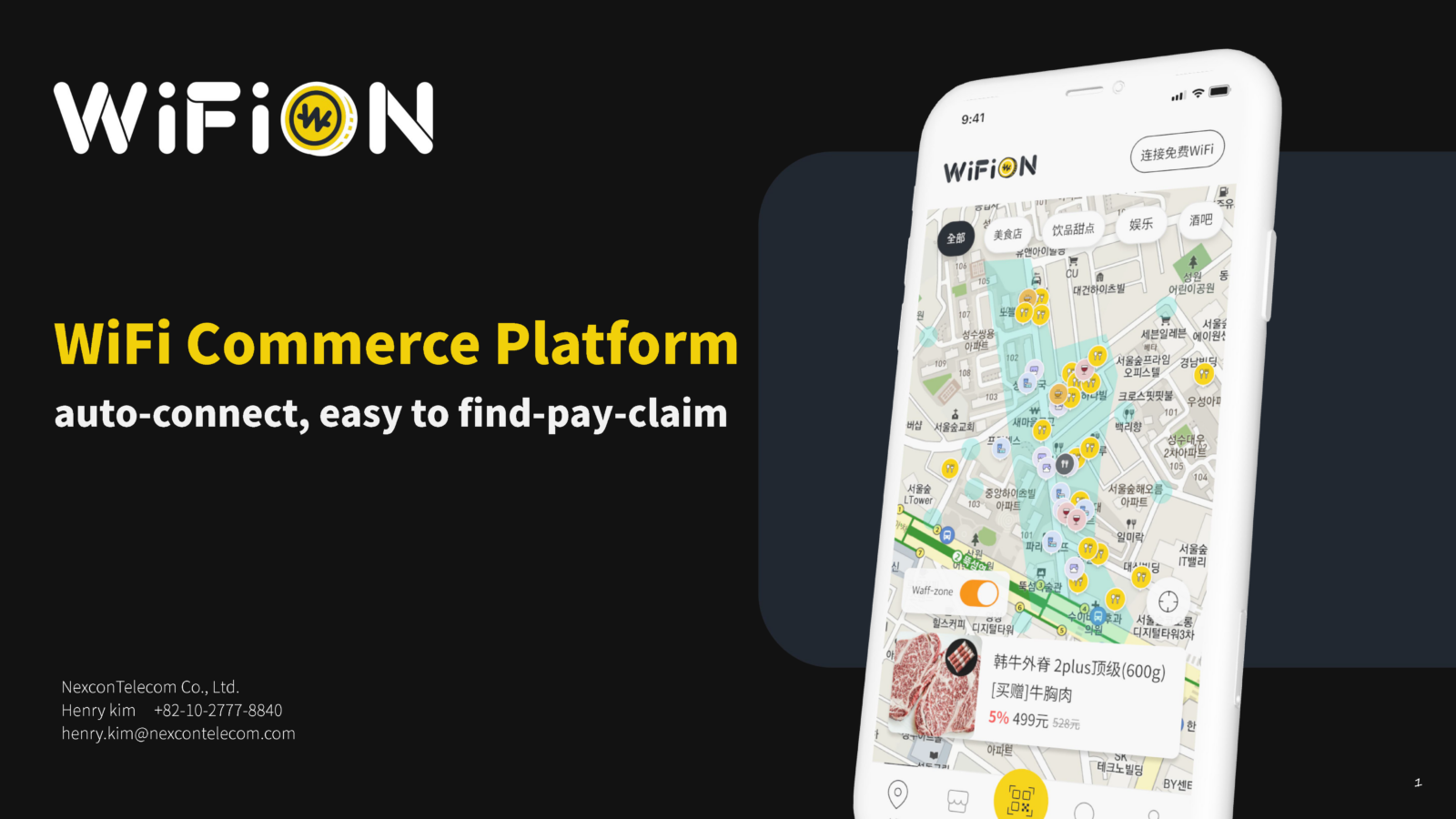
The safety of transactions isn’t taken lightly. Wi-Fi information collected legitimately ensures the commercial activities on the platform are protected. With multilingual services in English, Chinese, Japanese, Spanish, and Korean, NexConTelecom provides universal access, coupled with effortless payment options, positioning Wi-FiON as a response to global connectivity demands.
Signifying its maturity, NexConTelecom successfully completed Seoul’s rigorous Testbed project, confirming the technological and commercial viability of Wi-FiON in March 2023. Cementing its business model’s relevance, a patent has been filed for recognizing the store’s Wi-Fi connected to the terminal and displaying the registered information on the device.
Multi-Faceted benefits of the Wi-Fi commerce platform on health and economy
NexConTelecom‘s vision with Wi-FiON extends beyond enhancing user experience. Its holistic approach also targets significant gains in energy efficiency and health. Preferring Wi-Fi over cellular communications, the platform achieves substantial energy savings: Wi-Fi data transfer consumes 20 times less energy than traditional networks, marking a leap towards responsible and economically advantageous technology.
Reducing electromagnetic waves stands as another cornerstone of this technology. Wi-FiON positions itself as an ally to the health of users, diminishing radiation exposure compared to standard cellular connections.
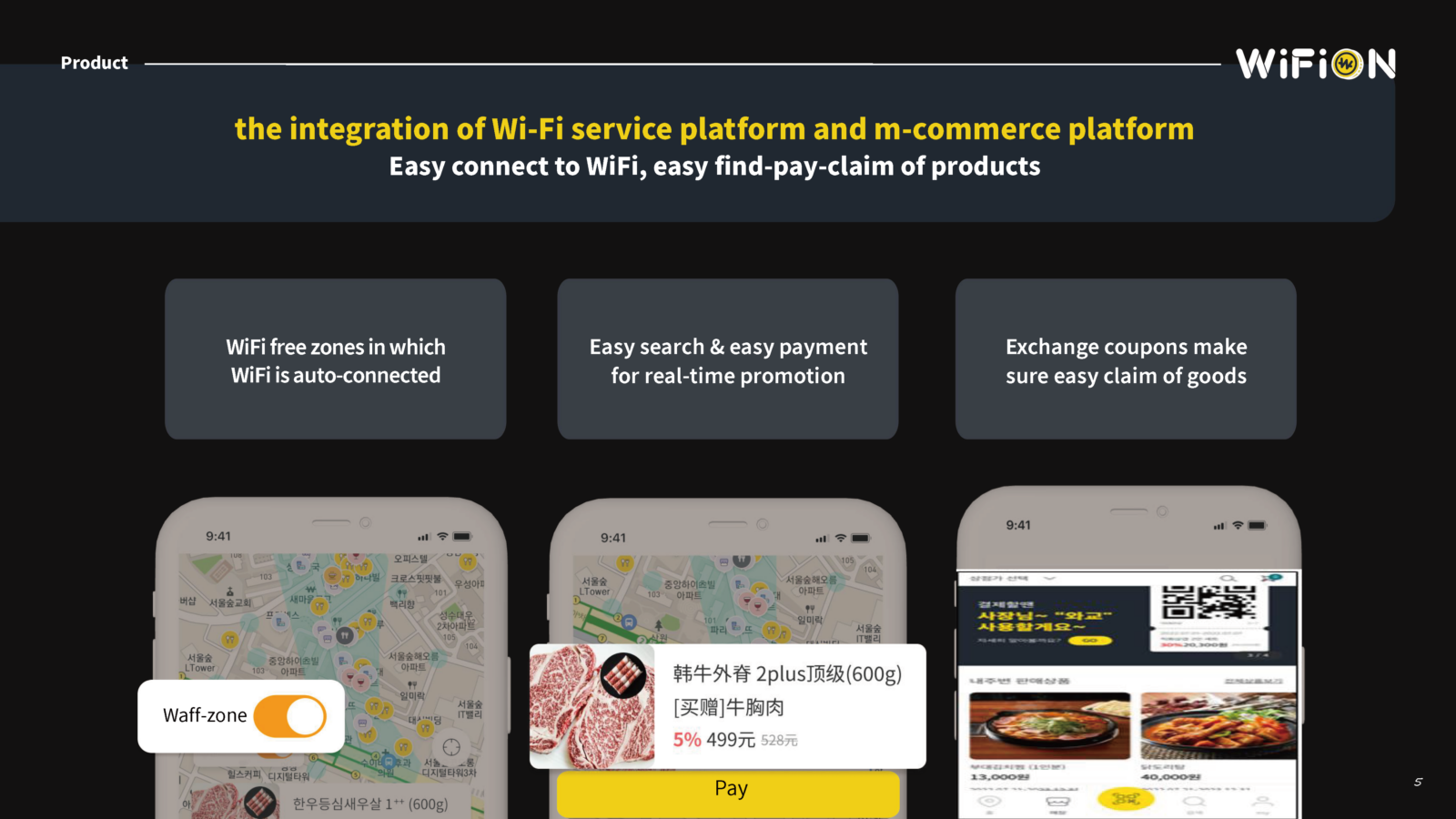
The social repercussions of Wi-FiON are also noteworthy. By ensuring smooth and secure information flow, the platform enhances mutual benefits between businesses and consumers, contributing to an increase in social well-being.
Perhaps the most innovative aspect of Wi-FiON is its Big Data potential. Accumulating data from communication and commerce traffic allows the platform to implement advanced services such as personalized offer recommendations and dynamic pricing. These cutting-edge analytical tools will provide stores with valuable aids to boost sales and manage inventory while delivering bespoke recommendations to users.
NexConTelecom’s international expansion strategy
The CES 2024 serves as a critical milestone for NexConTelecom, symbolizing its aspiration for global influence. Wi-FiON is not just targeting the United States but an international audience, with significant interest emerging from South America, particularly the Panamanian government, which has commenced discussions for nationwide implementation.
Local and central governments show more receptivity to NexConTelecom’s innovative approach than private companies, reflecting a growing interest in solutions that integrate technology with social welfare. The platform does not merely facilitate Wi-Fi access but also enhances the attractiveness and modernity of urban zones.
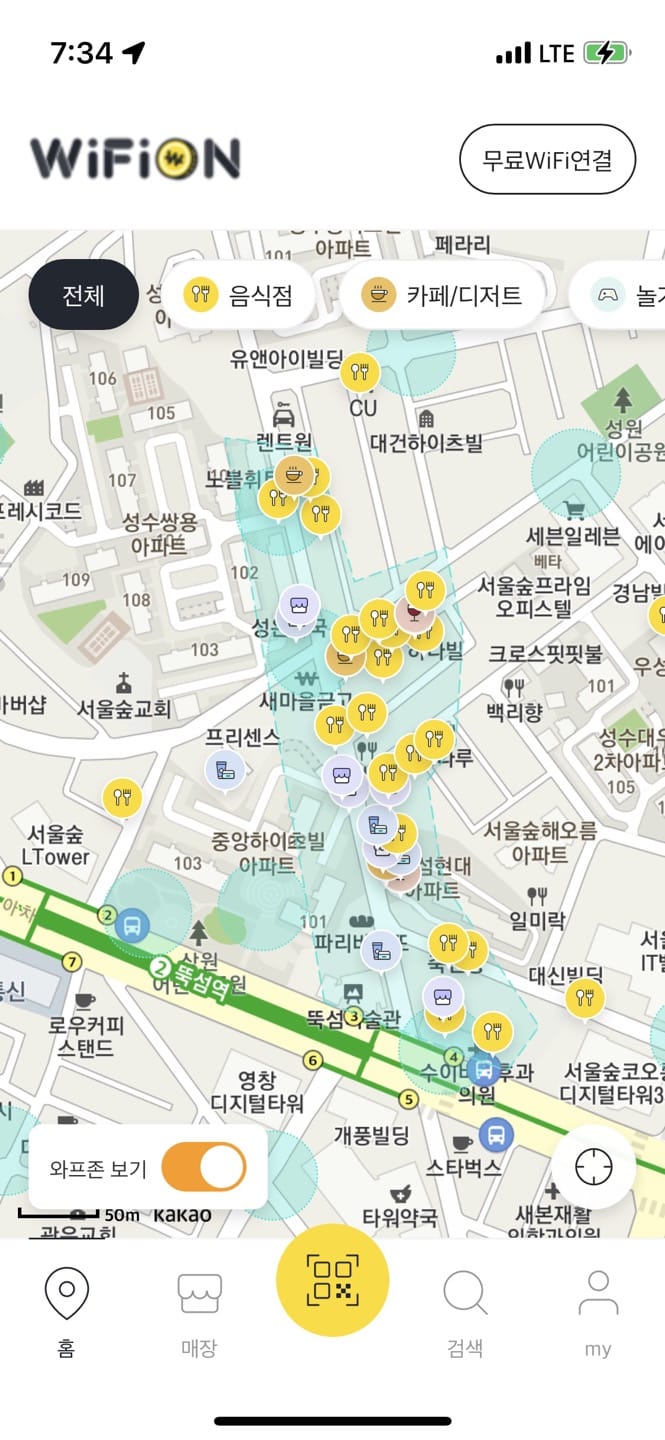
Early successes are evident. In Korea, the Seoul Metropolitan Government is considering implementing Wi-FiON in its primary districts. Internationally, the partnership with Panama’s government could become a template for the service’s extension, indicating promising sales performances and an expanding global commercial future for NexConTelecom.
This global expansion is just the beginning. The innovative functionalities of the Wi-FiON platform and its adaptability to various urban contexts place NexConTelecom as a key player in the digital transformation of cities and commercial practices.
In conclusion, NexConTelecom’s Wi-FiON distinguishes itself at CES 2024 with a cutting-edge concept that redefines Wi-Fi access and proximity commerce. Leveraging robust expertise in networks and telecommunications, the company introduces a platform where connectivity and transactions seamlessly blend into an innovative user experience. The advantages in energy savings, health, and social benefits position Wi-FiON as a vector for progress and digital inclusion. Partnerships with government entities and nascent success in Korea and Panama open enticing international prospects for this Korean startup.
From the vibrant Seoul Pavilion at Eureka Park, this interview has shone a spotlight on a company envisioning our connectivity future with optimism and inventiveness. NexConTelecom embodies the new breed of startups that, beyond their domestic market, aspire to global impact. What are your thoughts on the influence of such innovations on our daily life? Could a service like Wi-FiON take off in your city? Share your insights and expectations for the future of urban connectivity.



